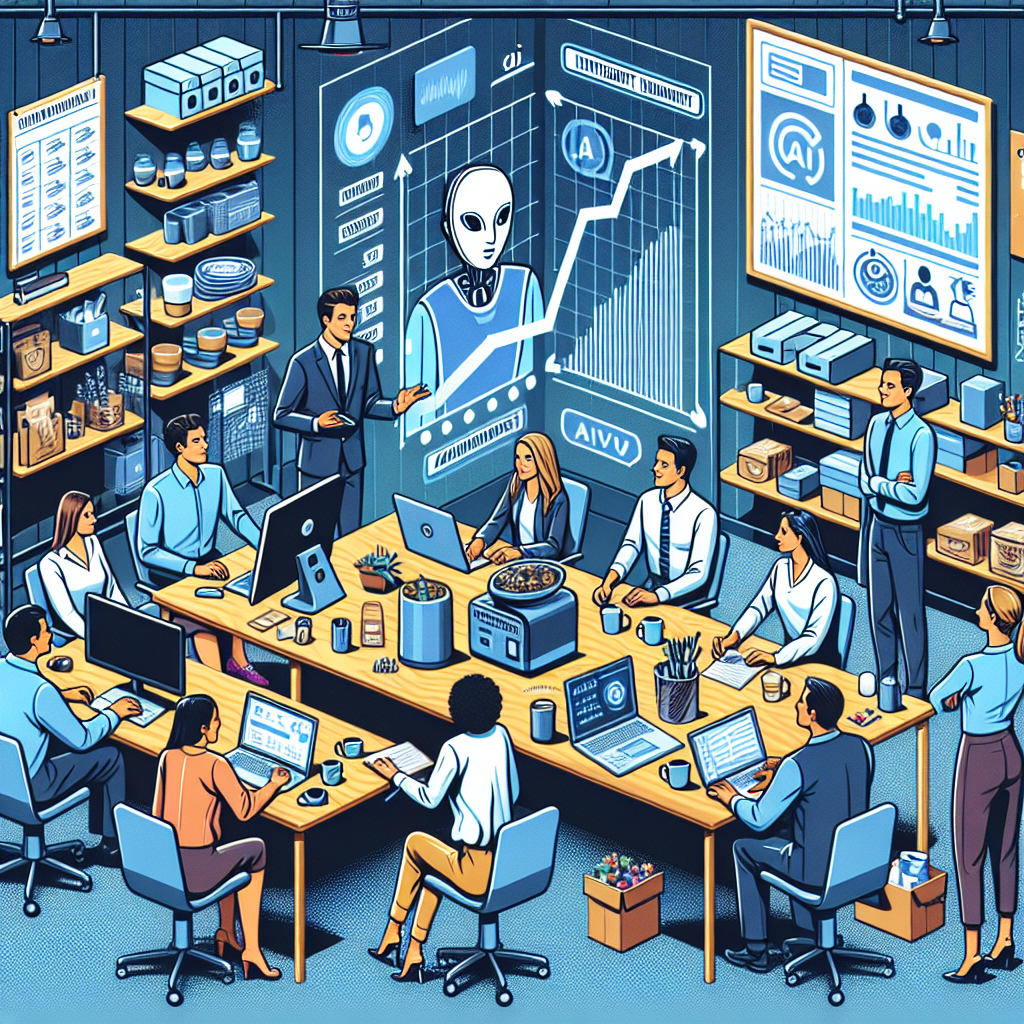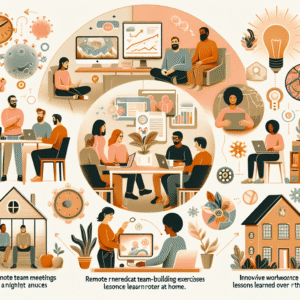Leveraging AI for Small Business Growth in 2025

Leveraging AI for Small Business Growth in 2025
Artificial intelligence (AI) is no longer just a buzzword reserved for tech giants and Silicon Valley startups. As we step into 2025, AI has become accessible, affordable, and customizable for small businesses of all sizes and industries. If you’re a small business owner searching for ways to boost growth and outpace competitors this year, harnessing AI could be your most powerful strategy yet.
How AI is Revolutionizing Small Businesses
AI is transforming how businesses operate, make decisions, and engage customers. From automating mundane tasks to providing deep insights into market trends, the impact is far-reaching. For small businesses, these benefits can mean more time to focus on strategy, better decision-making, and even opening new revenue streams.
Key Areas Where AI Drives Growth
- Customer Service: AI-powered chatbots and virtual assistants are now affordable and plug easily into websites and messaging platforms. They handle inquiries 24/7, provide quick answers, and resolve common issues—improving customer satisfaction without the heavy costs of a call center.
- Marketing Automation: AI tools analyze audience behavior and preferences to personalize campaigns, automate emails, and optimize ad spending. They can suggest content topics, predict customer needs, and increase marketing ROI with minimal manual intervention.
- Sales and Lead Generation: AI-powered CRMs identify hot leads faster by scoring prospects based on behavior. Predictive analytics can help prioritize outreach and improve conversion rates much more efficiently than manual processes.
- Inventory and Operations: AI algorithms crunch data to forecast demand, automate reordering, and optimize supply chains. This reduces overstock, lowers costs, and ensures products are available when customers need them.
- Financial Insights: AI-powered accounting software tracks expenses, predicts cash flow patterns, and alerts business owners to unusual activity. This means faster, smarter financial decisions without hiring a large finance team.
Practical Steps to Adopt AI in Your Small Business
Getting started with AI doesn’t have to be overwhelming or expensive. Here are some practical steps to integrate AI into your small business in 2025:
- Identify Your Needs: What business challenges could AI help you solve? Is it customer support, marketing, sales, or operations?
- Start Small: Test one tool or platform that addresses your most pressing need. For example, install a chatbot on your website or use an AI-powered email marketing solution like Mailchimp or HubSpot.
- Leverage Off-the-Shelf Tools: There’s no need to build AI from scratch. Many cloud-based SaaS solutions offer powerful AI features designed for small businesses, with easy integration and affordable pricing.
- Monitor and Measure: Track results closely. Does the AI solution save you time? Increase sales? Improve customer satisfaction? Use data to inform whether you expand adoption to other business functions.
- Train Your Team: Familiarize employees with new AI systems. Many modern platforms are intuitive, but short training sessions can maximize results and ensure your staff gets the most out of these tools.
Top AI Solutions for Small Businesses in 2025
- ChatGPT and Conversational AI: Use AI chatbots like ChatGPT for engaging, real-time customer support and FAQs.
- Zapier AI Integrations: Automate workflows across platforms without coding. Connect your CRM, social media, and marketing software with intelligent triggers.
- Zoho AI: From sales forecasting to client communication, Zoho’s suite of AI tools can be a one-stop shop for small businesses.
- Grammarly and Jasper: For content creation and editing, AI writing tools help produce polished blog posts, emails, and web copy in minutes.
- QuickBooks with AI: Modern cloud accounting platforms have built-in AI to automate bookkeeping and even answer accounting questions.
Overcoming AI Adoption Challenges
Despite the benefits, some small business owners are still hesitant. Common concerns include cost, technical complexity, or fears about job losses. The good news is that today’s AI solutions are more user-friendly, affordable, and supportive than ever.
Remember: AI isn’t here to replace your team—it’s a tool to boost efficiency and free up human talent for more creative, strategic, and interpersonal tasks. Start with small pilots to build confidence and demonstrate results before rolling out more widely.
Looking Ahead: The Future of AI for Small Businesses
As AI continues to evolve in 2025 and beyond, expect even more tailored solutions for niche sectors, faster setup times, and smarter integrations between business apps. Soon, features like real-time translation, dynamic pricing, and full-scale automation will be as standard as email.
For small businesses, this is a golden opportunity. Those who embrace AI early can stay nimble, delight customers, and carve out an edge in today’s competitive landscape. Whether you’re a solo entrepreneur or growing a 50-person team, AI’s potential is within reach.
Conclusion: Leveraging AI in 2025 isn’t about replacing people—it’s about empowering them. Start with a single use case, experiment, measure, and scale. The small businesses that harness the power of AI now will be tomorrow’s leaders.
* The post is written by AI and may contain inaccuracies.


